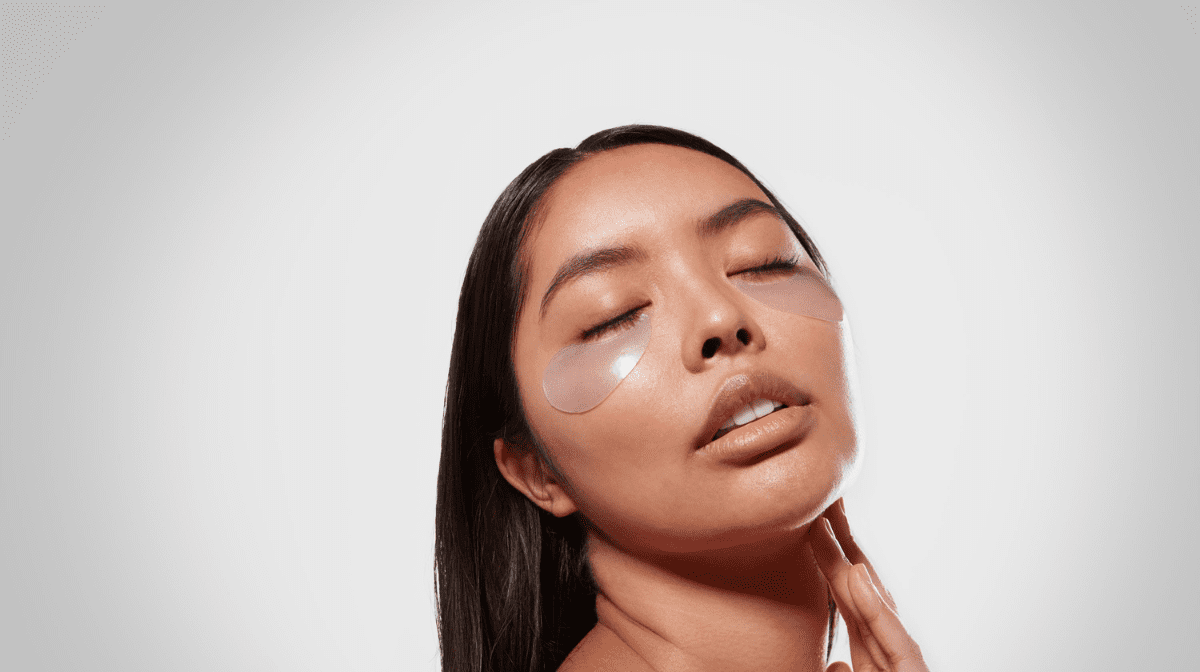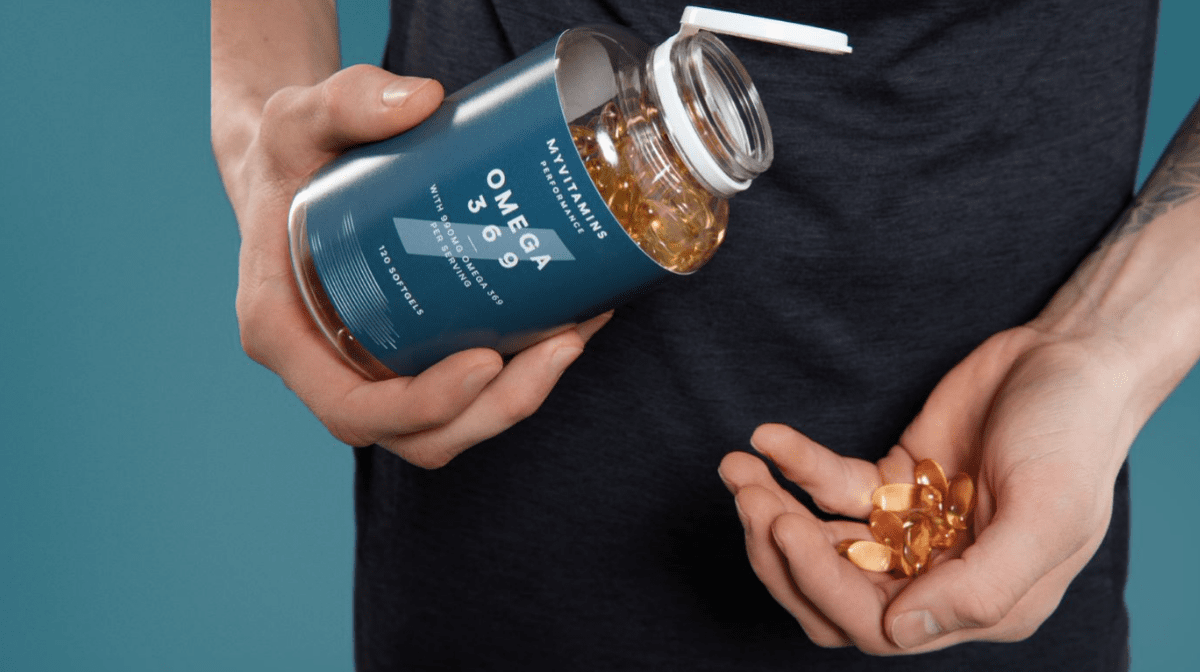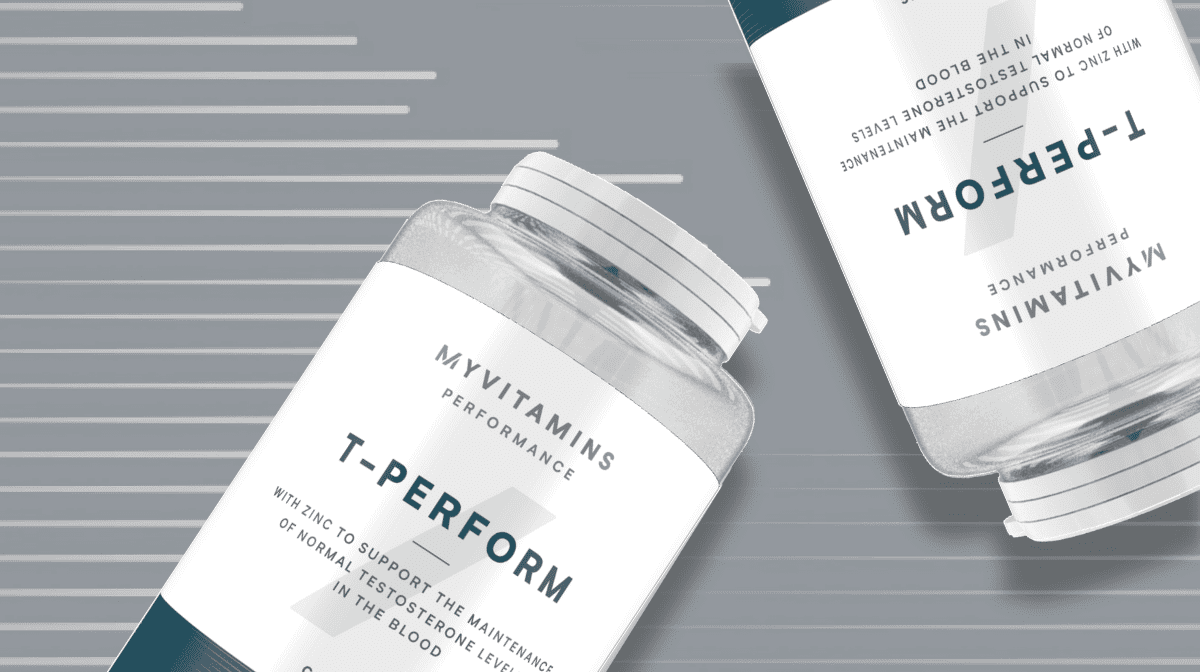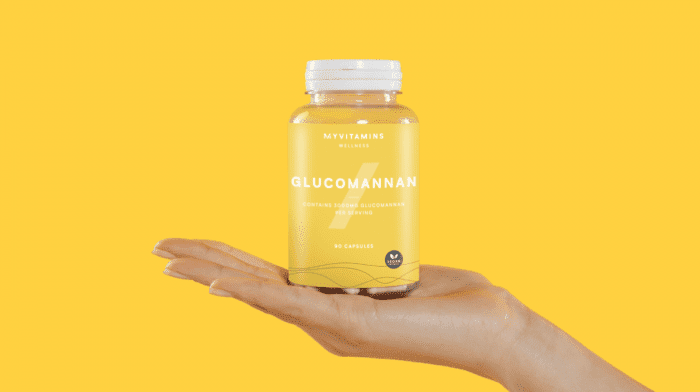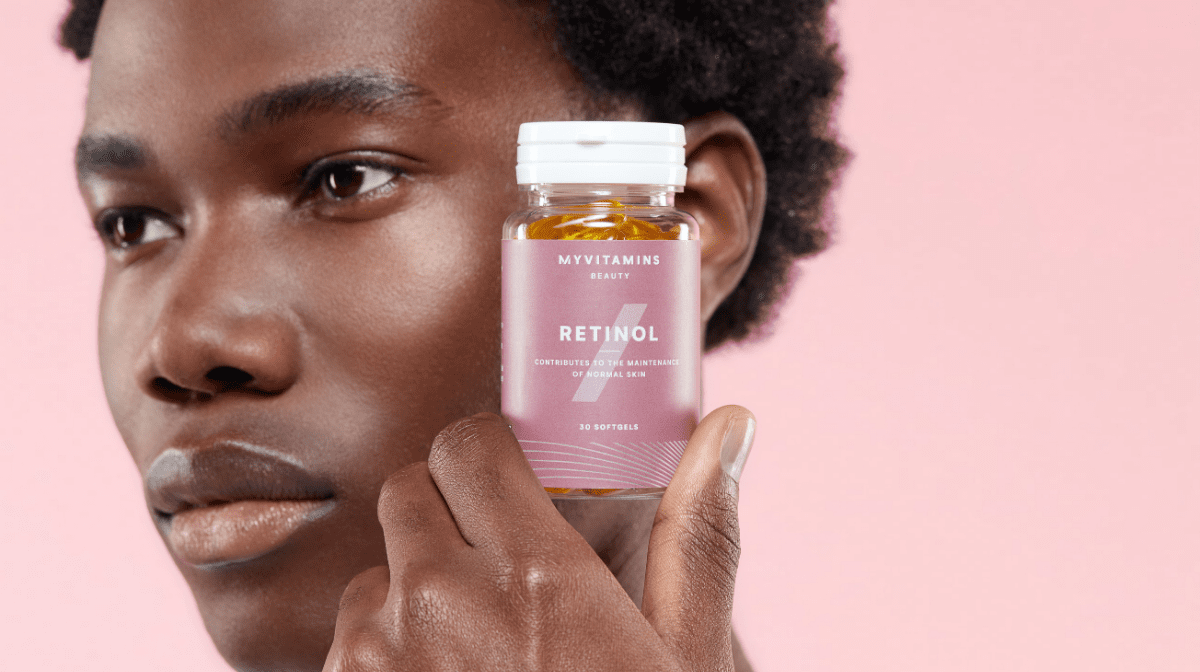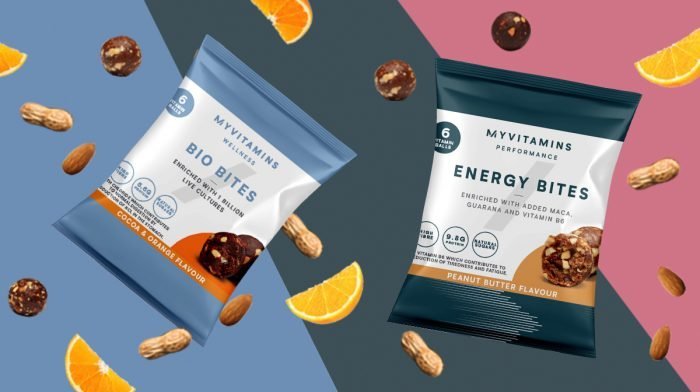Fish oil, one of the most commonly consumed supplements, is a rich source of healthy omega-3 fats. Omega-3s are vital for a variety of bodily functions, including moderating normal triglyceride levels within the blood, supporting cognitive function and maintaining healthy joints. However, fish oil also promotes some lesser-known beauty benefits.
What Is Fish oil?
Fish oil is a dietary supplement sourced from fatty and oily fish, such as mackerel, trout, salmon and tuna. It contains a concentrated source of two essential omega-3 fatty acids: eicosapentaenoic acid (EPA) and docosahexaenoic acid (DHA). Found most often in animal-based foods, these fatty acids are not able to be produced in the body. However, they are the two fatty acids the body is best able to utilise.
EPA and DHA contribute to a reduction in inflammation, triglycerides, and psychological distress. They are also implicated in the development of the brain and eyes in babies and children, with early-life deficiency associated with increased risk of conditions such as learning difficulties, depression and ADHD.
If you’re looking to enhance your beauty routine from the inside out, fish oil also contributes to several benefits for your hair, skin and nails.
What Are The Beauty Benefits Of Fish Oil?
Research suggests that fish oil:
- Reduces acne breakouts
- Reduces risk of sun damage
- Hydrates dry skin
- Reduces red, itchy skin
- Increases speed of skin healing
- Reduces scalp flakiness
- Adds shine to hair
- Boosts hair growth
- Strengthens nails and promotes nail growth
- Prevents dry, brittle nails
Acne Breakouts
If you’re struggling with reoccurring breakouts, you’re not alone. Many find that acne issues remain well into adulthood, affecting self-esteem and confidence. However, research suggests that supplementation with fish oil may suppress proinflammatory cytokine production, which thereby reduces acne lesions. 1
Sun Damage
Precautions should always be taken when exposed to the sun. However, the omega-3 fatty acids within fish oil have shown potential to help support the skin’s defence against harmful ultraviolet rays. This may reduce the risk of photoaging, sun damage, and even skin cancer, keeping your skin looking youthful and healthy. (2) It’s important to continue wearing a good-quality sun cream and to seek shade during peak times for best results.
Dry Skin
Dry, flaky skin can lead to cakey-looking make-up and a host of associated skin issues, such as rosacea, acne, and wrinkles. Studies show that supplementation with fish oil can increase skin hydration by strengthening the skin’s barrier, leading to better water retention. (3) This leads to a boost in moisture, and easier make-up application.
Red, Itchy Skin
Similarly with dry skin, the itchiness and redness such as that associated with dermatitis, rosacea and eczema can be improved through the use of a fish oil supplement. Further symptoms such as cracked, sore skin may also be improved through supplementation and the reduction of inflammatory substances. 4
Skin Healing
Research suggests the function of omega-3 fats from fish oil in preventing wound infections and increasing speed of skin healing. Omega-3s have been suggested to reduce the inflammatory response. However, in wound healing, they have been associated with the contrasting effect. Studies have suggested omega 3’s to enhance the local inflammatory response in wound areas, therefore increasing the rate of healing. 3
Scalp Flakiness
A dry, flaky scalp can cause itchiness and irritation. The omega-3 fatty acids in fish oil have been suggested to nourish the hair follicles, leading to a smoother, more moisturised scalp. The mechanism for this is thought to be through the anti-inflammatory effects of omega-3s, and their ability to regulate oil production in the skin. 5
Shiny Hair
Fish oil is not only beneficial for scalp health. Through regulating oil production, omega-3s have been suggested to nourish the hair and add a healthy-looking shine. (5) It’s important to note that fish oil should not be topically used on the hair or scalp, as this may leave a fishy smell. Furthermore, research suggesting these beauty benefits is focused more on the internal consumption of fish oil and omega-3s through supplementation.
Hair Growth
Research into the hair growth benefits of fish oil suggest that omega-3 oils can increase hair density and hair strength; and reduce hair loss. Nourishment and support of the hair follicles through fish oil supplementation may be a beneficial application for those suffering with alopecia, post-chemotherapy hair loss and stress-induced hair loss. 6
Long, Strong Nails
The omega-3s present in fish oil can boost the strength and health of your nails. If you suffer from stunted nail growth, or nails that break easily, omega-3 fats can reduce inflammation in the nail bed. This helps to nourish and promote health of the cells that make up your nails, leading to longer and stronger nails. 7
Dry, Brittle Nails
Similarly, fish oil supplementation can help lubricate and moisturise dry nails and cuticles. This can help reduce bumps, dryness, and fragility. Brittle nails may split, flake, or become soft and weak. Omega-3 deficiency has been associated with these symptoms, suggesting that supplementation may reduce the risk of this while promoting a shiny, healthy nail appearance. 7
Omega-3 Rich Foods
Foods containing omega-3 include:
- Mackerel
- Salmon
- Sardines
- Flax seeds
- Walnuts
Mackerel
Mackerel is one of the richest sources of omega-3 fats. These small, fatty fish contain 4,580mg of omega-3 per serving, in the form of EPA and DHA.
Salmon
Another fatty fish with a high level of omega-3 fats is salmon. One serving contains approximately 2,150mg of EPA and DHA combined. Salmon is also a great source of many other nutrients, such as vitamin D, selenium and vitamin B12.
Sardines
Sardines are very small, oily fish, containing around 1,463mg of combined EPA and DHA per serving.
Flax seeds
It’s not only fish and seafood that is rich in omega-3 fats. Plant-based sources such as flax seeds, chia seeds and hemp seeds are rich in alpha-linolenic acid (ALA) which is another form of omega-3 that the body converts to EPA and DHA for use. Flax seeds contain approximately 2,350mg of ALA per tablespoon serving.
Walnuts
Similarly, walnuts are a tree nut containing very high levels of the beneficial, healthy ALA omega-3 fats. One serving contains around 2,570mg of ALA.
Supplements
For those struggling to maintain a balanced diet every day, supplements are a quick and easy way to fit omega-3 into your routine. If you’re looking for a plant-based version, try Myvitamins Vegan Omega-3 Softgels.
